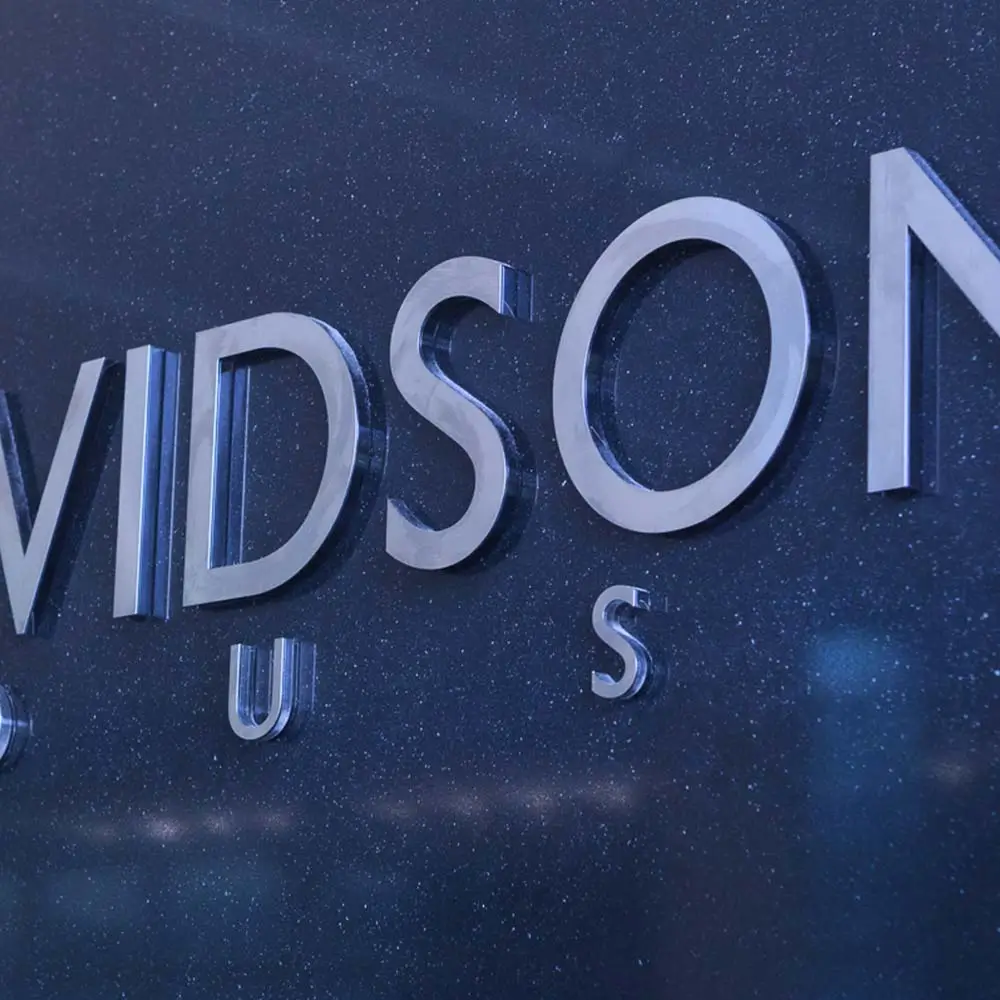
Whilst Employment Tribunals have traditionally presented litigants in person with little risk when it comes to adverse costs awards, it is clear to us that an increasingly robust approach is being adopted, as can be seen from the EAT’s decision in Liddington v 2gether NHS Trust.
Whistleblower Claims
In this instance, the Appellant, Ms Liddington, had brought a number of whistleblowing claims against the NHS Trust but ostensibly failed to properly particularise her claims.
During the course of the proceedings no less than three Employment Judges had informed the Claimant that her claims were not adequately particularised, citing, in particular, a failure to provide the dates on which each of the alleged protected disclosures were made.
Inability To Provide Particulars
Although, as a litigant in person, the standards which might be applied to a qualified legal representative were not applicable here the Employment Tribunal found that the Claimant’s continued inability to provide proper particulars amounted to unreasonable conduct which justified costs award against her.
The EAT agreed with this decision which will no doubt be welcomed by employers who have been on the receiving end of so-called “nuisance litigation” in the past.
The content on this page is for general awareness only. It is not intended to constitute professional or legal advice. Changes to legislation may have happened since this article was published. The contents of this article should not be used as a basis for action and the reader should be advised to seek the appropriate professional advice based on their individual circumstances.